Culturas em Festa: Celebrations and Festivals Across the African Continent
Africa is a continent rich in diversity, and its festivals and celebrations reflect this vibrancy. Exploring the various cultures in Africa reveals a tapestry of traditions, each offering a unique glimpse into the history and values of its people. From the lively rhythms of carnival parades to the solemn rituals of harvest festivals, each event tells a story that resonates with both locals and visitors alike.
These celebrations often serve as a bridge, connecting generations and fostering a sense of community. Beyond mere entertainment, they allow individuals to engage with age-old customs and contemporary interpretations of cultural practices. Savoring the sights, sounds, and flavors of African festivals can provide deeper insights into its many cultures.
The article will take readers on a journey through significant festivals across the continent, showcasing their significance and the ways in which they bring people together. By the end, one can gain a greater appreciation for the rich cultural heritage that thrives in every corner of Africa.
Historical Context of Festivals in Africa
Festivals in Africa have deep historical roots that reflect the continent’s diverse cultures and traditions. They date back to ancient times when communities celebrated seasonal changes, agricultural success, and significant life events.
Many African festivals originated from religious and spiritual practices. They often honor ancestors, spirits, and deities, serving as a means to connect the living with their heritage. This significance varies by region, with unique customs and rituals.
Colonial histories also influenced African festivals. Some celebrations adapted to incorporate new elements brought by colonizers, while others resisted change, preserving traditional practices. The result is a rich tapestry of festivals.
Key Historical Points:
- Agricultural Festivals: Linked to planting and harvest seasons, these events ensure community unity and gratitude to the earth.
- Religious Celebrations: These include ceremonies honoring gods, ancestors, and significant religious figures.
- Colonial Influence: Some festivals evolved through interactions with European customs, blending traditions but also experiencing loss.
Modern African festivals frequently showcase cultural pride and identity. They attract tourists, helping to revive local economies and maintain cultural traditions. Through time, festivals continue to play a vital role in social cohesion and cultural expression across the continent.
Diversity of Celebrations Across the Continent
Africa is home to a rich tapestry of cultures, each contributing unique celebrations and festivals. These events often highlight traditional practices, historical commemorations, and seasonal changes, showcasing the continent’s diversity.
West African Festivals
West Africa is renowned for its vibrant festivals that celebrate cultural heritage and community. The Durbar Festival in Nigeria, for example, features a grand parade of horsemen dressed in ornate attire, symbolizing the end of Ramadan. Music, dance, and traditional foods play vital roles, attracting locals and tourists alike.
In Ghana, the Homowo Festival honors the ancestors for a bountiful harvest. It includes rituals, traditional drumming, and the signature dish, kpokpoi. In Senegal, the Gerewol Festival showcases the nomadic Wodaabe tribe’s beauty contests, complete with elaborate costumes and dances.
East African Festivals
In East Africa, festivals often reflect the region’s cultural diversity and rich history. The Nguvumali Festival in Tanzania celebrates the culture of the Zaramo people with traditional music, dance, and food specific to the region.
Kenya’s Maasai Mara Cultural Festival provides insight into the Maasai community, featuring traditional songs, dances, and storytelling. Tourists can experience genuine Maasai culture through crafts and performances, fostering appreciation and involvement.
The Kisimani Festival in Zanzibar celebrates the island’s Swahili heritage. With a blend of music, art, and culinary practices, visitors get a taste of coastal traditions.
Southern African Festivals
Southern Africa hosts a variety of festivals that emphasize cultural significance and social unity. The Hogarth Festival in Namibia highlights the region’s art and music through exhibitions and performances by local artists.
In South Africa, the Cape Town Jazz Festival is a premier event celebrating both local and international jazz musicians. It attracts thousands of attendees, showcasing the country’s rich musical talents and creativity.
The Umhlanga Reed Dance in Swaziland, an annual event, involves thousands of young women who celebrate their culture and preserve traditional practices. It emphasizes unity and respect for heritage.
North African Festivals
North African festivals reflect the deep historical and cultural ties to Arab and Berber traditions. The Marrakech Popular Arts Festival in Morocco attracts artists from various disciplines, including music, dance, and crafts.
In Egypt, the Sphinx Festival celebrates ancient history through art, reenactments, and cultural exhibitions, drawing people from around the world to experience its grandeur.
Tunisia’s International Festival of Carthage showcases various artistic performances, from music to theater, embracing the rich Mediterranean culture and its historical influences.
Central African Festivals
Central Africa features celebrations that often center around indigenous traditions and community bonding. The Ngoma Festival in the Democratic Republic of Congo highlights traditional drumming, dance, and storytelling, fostering unity among various ethnic groups.
In Cameroon, the Bamenda Festival of Arts showcases local crafts, music, and dance, reinforcing community ties and cultural identity. Festivals often serve as platforms for dialogue and collaboration among different tribes.
The Zambia International Trade Fair provides a platform to celebrate local culture while promoting trade and economic development. This multifaceted event highlights the importance of cultural exchange and the celebration of local artistry.
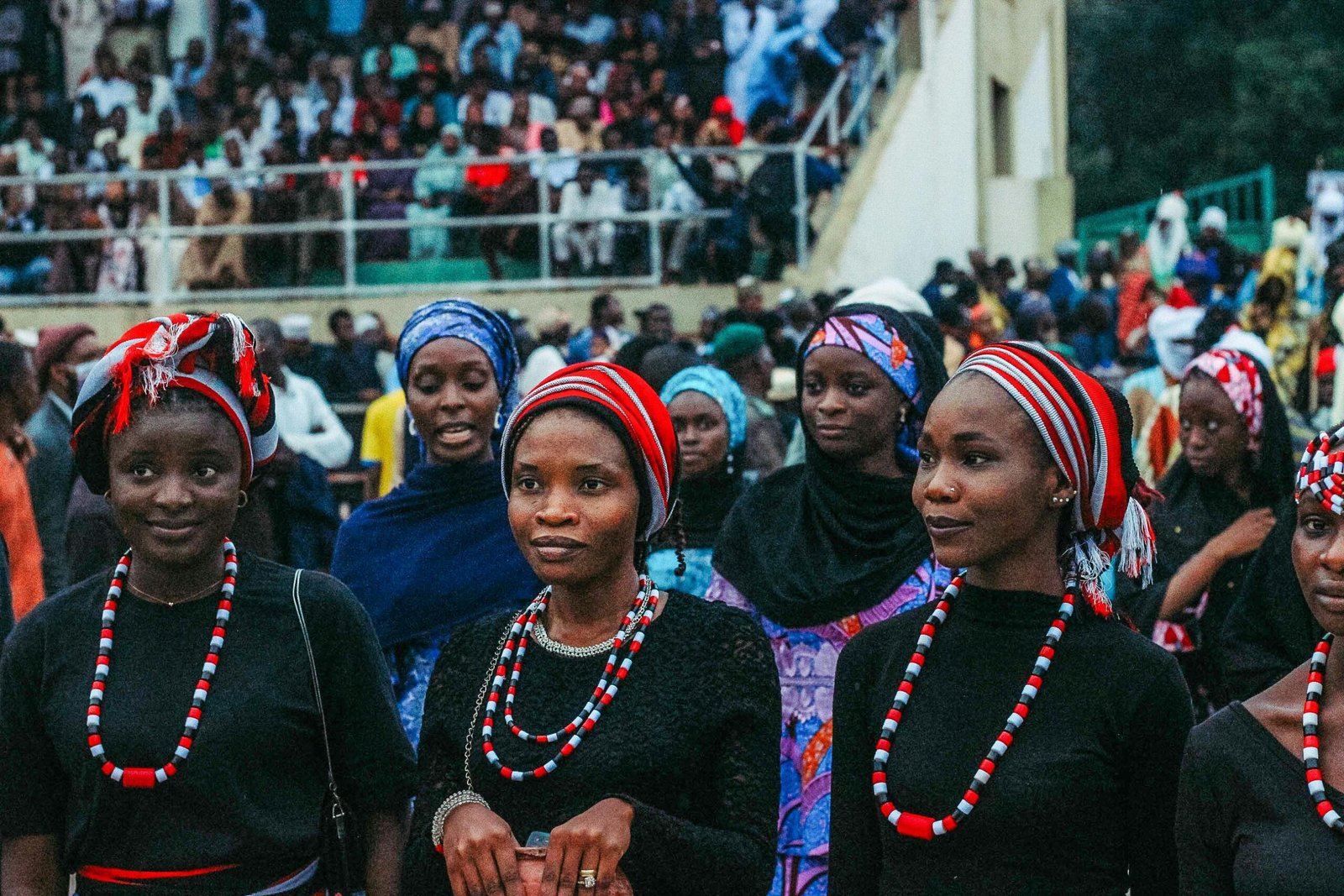

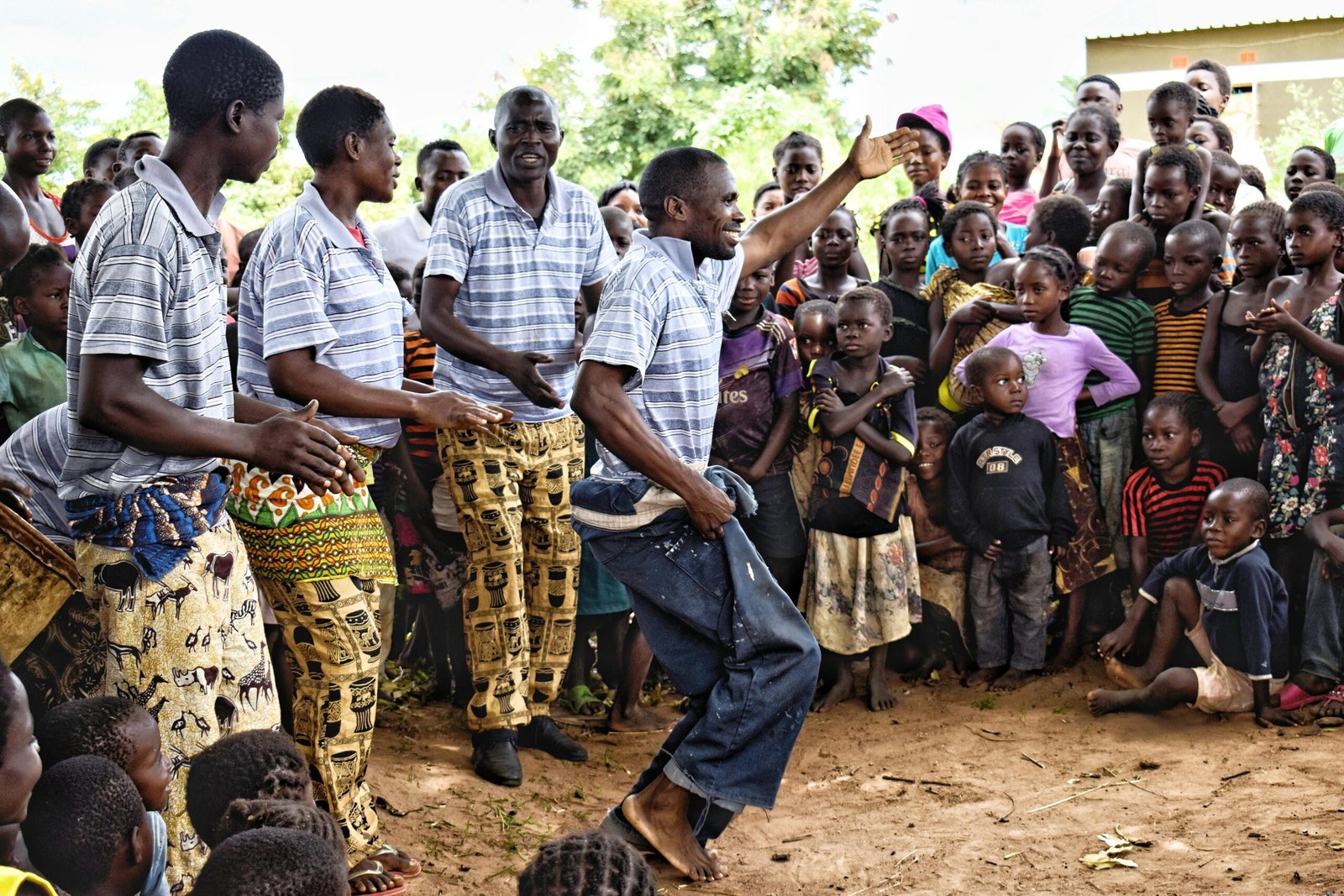




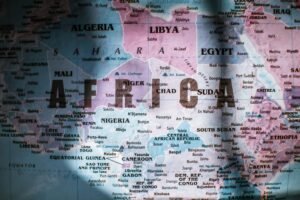
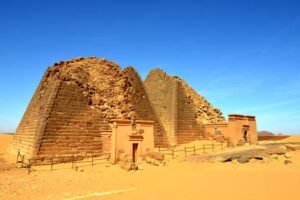
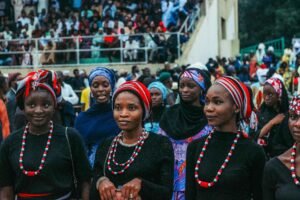

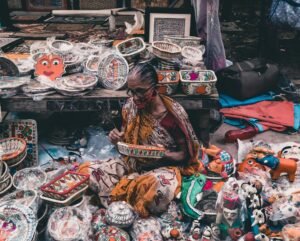


Publicar comentário